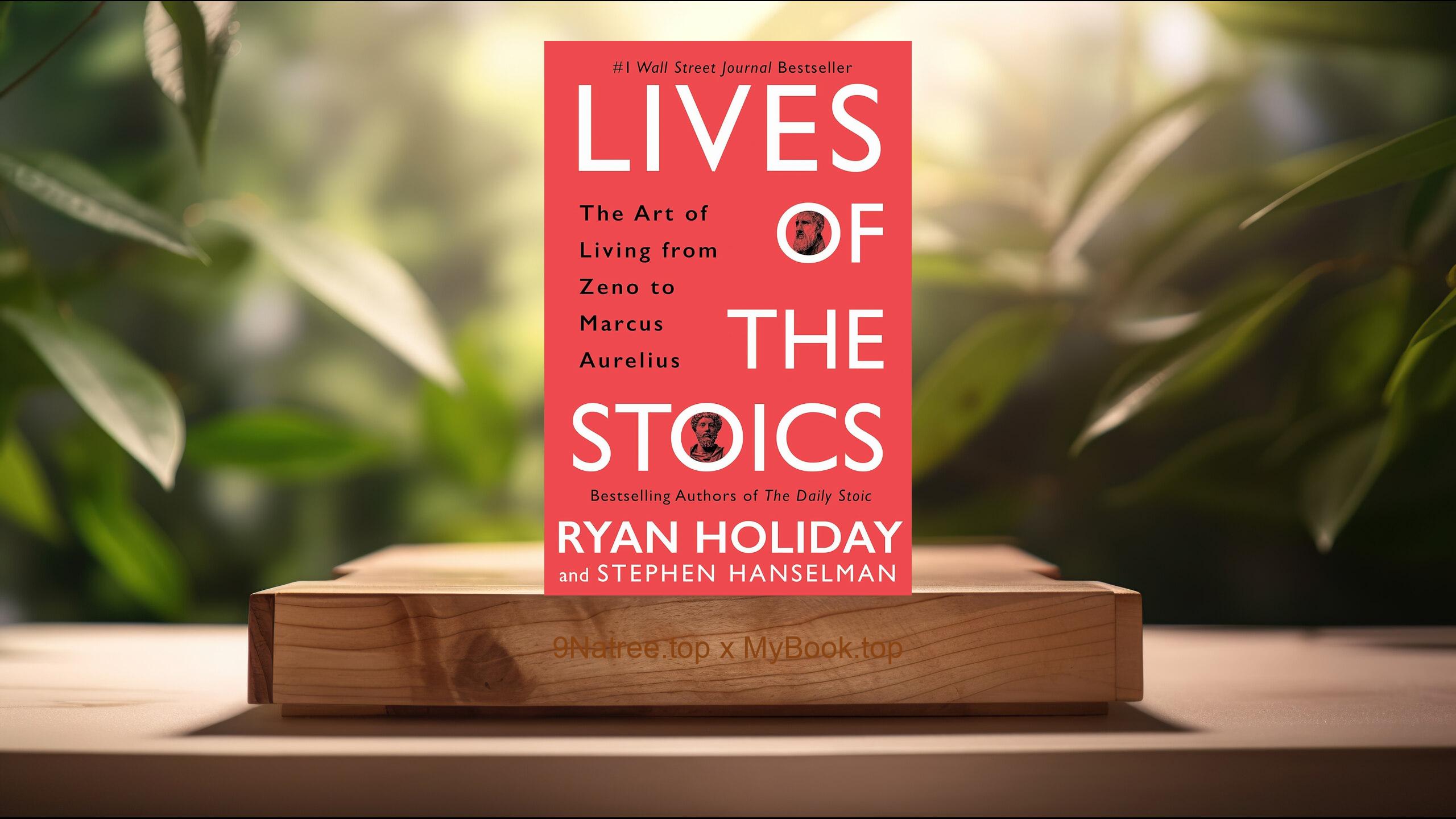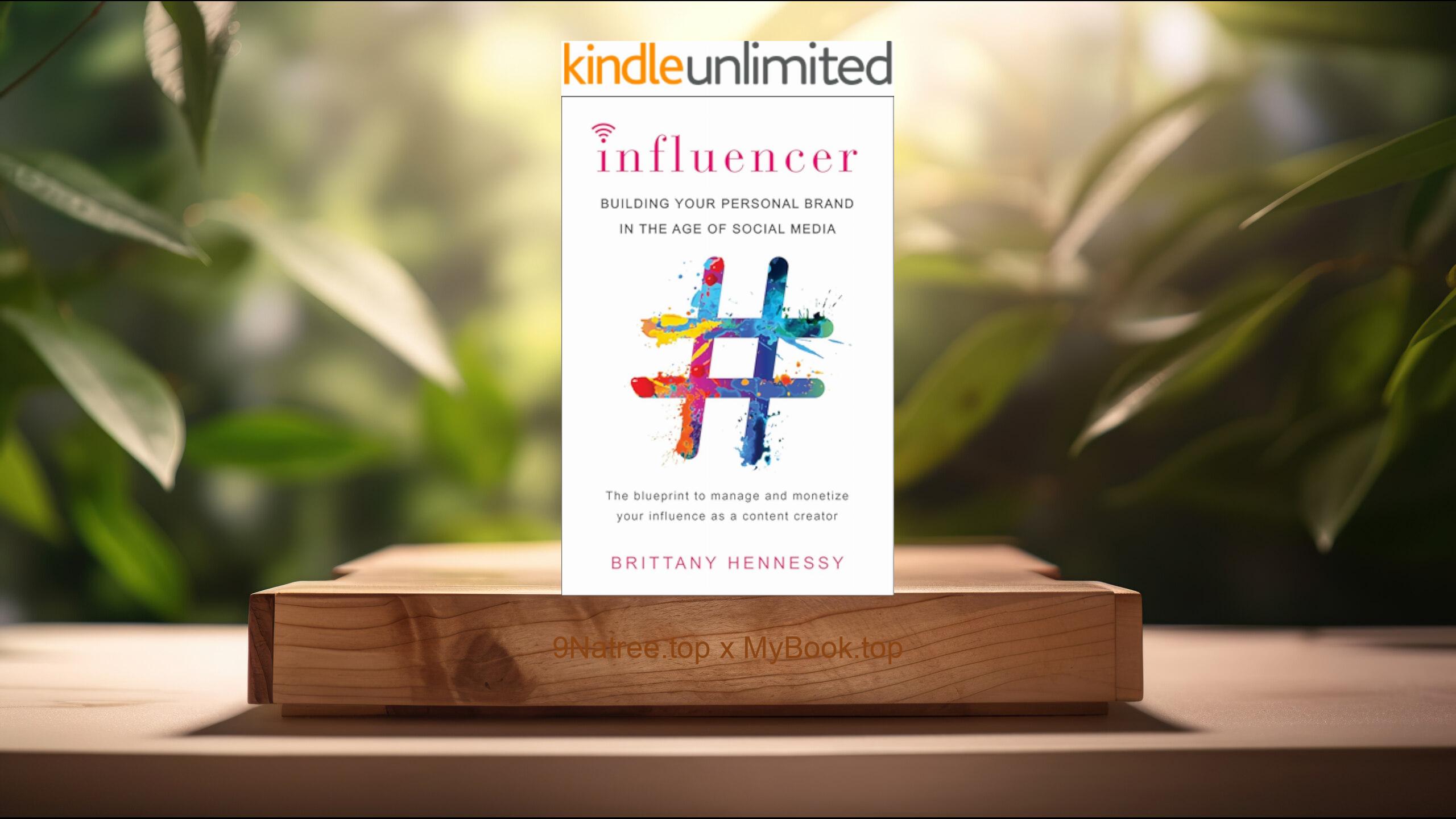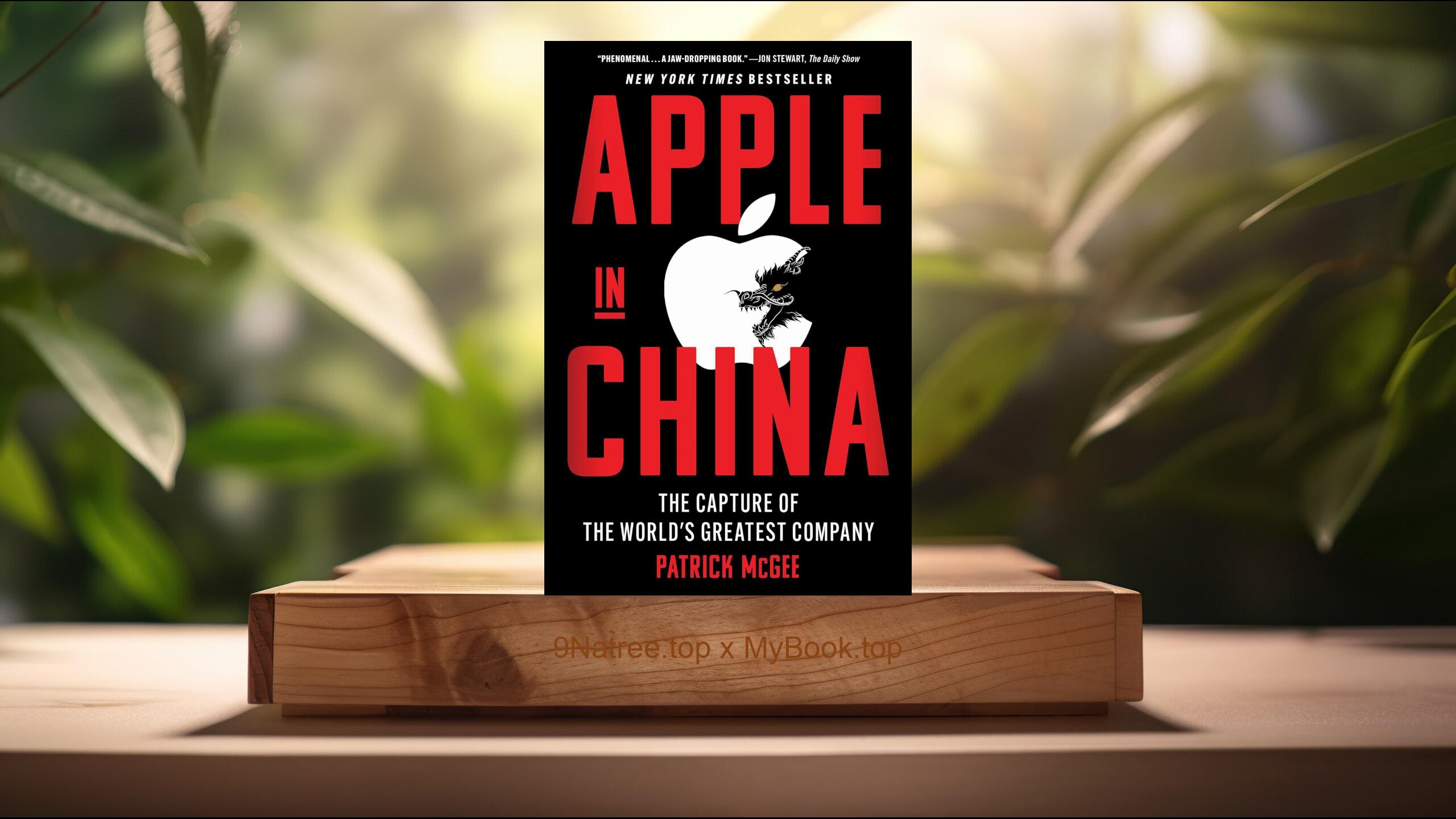Show Notes
- Amazon US Store: https://www.amazon.com/dp/B013D6640M?tag=9natree-20
- Amazon Worldwide Store: https://global.buys.trade/It-Didn-t-Start-with-You-Mark-Wolynn.html
- Apple Books: https://books.apple.com/us/audiobook/it-didnt-start-with-you-how-inherited-family-trauma/id1418381816?itsct=books_box_link&itscg=30200&ls=1&at=1001l3bAw&ct=9natree
- eBay: https://www.ebay.com/sch/i.html?_nkw=It+Didn+t+Start+with+You+Mark+Wolynn+&mkcid=1&mkrid=711-53200-19255-0&siteid=0&campid=5339060787&customid=9natree&toolid=10001&mkevt=1
- Read more: https://mybook.top/read/B013D6640M/
#InheritedFamilyTrauma #Epigenetics #CoreLanguageApproach #HiddenLoyalties #IntergenerationalHealing #ShadowWork #TraumaRecovery #ItDidntStartwithYou
These are takeaways from this book.
Firstly, The Concept of Inherited Family Trauma, Mark Wolynn's ground-breaking concept of inherited family trauma is based on the idea that the traumatic experiences of previous generations can be passed down and influence the lives of the current generation. Wolynn explores the scientific underpinnings of this phenomenon, particularly looking at epigenetics, a field of study that investigates how traumatic experiences can alter the way genes express themselves without changing the genetic code itself. These epigenetic changes can then be transmitted from one generation to the next, leading to physical and emotional manifestations in the offspring. Wolynn illustrates this concept with numerous real-life stories from his clients, showing how unresolved traumas from the past, such as loss, grief, and abuse, can imprint themselves on the descendants, often without their conscious awareness.
Secondly, The Role of Language and Core Language Approach, One of the central tools that Wolynn introduces in his methodology is the Core Language Approach. This technique reveals how the specific language we use, often unconsciously, can provide clues to our inherited family traumas. Wolynn describes how certain phrases, fears, and symptoms that seem to have no immediate explanation in our own life story can actually be echoes of past family traumas. He guides readers through identifying their 'Core Language'—a unique combination of words, phrases, and feelings that can unlock the mystery of inherited trauma. Through engaging exercises and examples, Wolynn demonstrates how to trace these linguistic breadcrumbs back to their origins in our family history, providing a powerful tool for recognition, understanding, and ultimately, healing.
Thirdly, Breaking the Cycle of Inherited Trauma, A significant portion of 'It Didn't Start with You' is dedicated to offering strategies for breaking the cycle of inherited trauma. Wolynn outlines practical steps for readers to identify, confront, and work through the traumas that are not originally their own but have deeply influenced their lives. He introduces several healing practices that incorporate mindfulness, visualization, and dialoguing with one's ancestors. These exercises aim to foster a deep connection between the conscious and unconscious mind, allowing individuals to release the emotional burdens that have been unknowingly passed down to them. Wolynn emphasizes the importance of acknowledging the past, making peace with it, and taking proactive steps to ensure that these patterns do not continue into future generations. This part of the book serves as a guide for personal transformation and empowerment, enabling readers to carve out a healthier and happier path for themselves and their descendants.
Fourthly, The Impact of Hidden Loyalties, Wolynn delves into the concept of 'Hidden Loyalties', an understanding that individuals may unconsciously carry a sense of fidelity to their family's suffering. This sense of loyalty can manifest as self-limiting beliefs or behaviors that inadvertently honor past family traumas. Wolynn explains that these hidden loyalties can be incredibly powerful, dictating our choices and life paths in ways we are not fully aware of. By bringing these loyalties to light, individuals can start to see how they are influenced by the past and begin the process of releasing themselves from these unseen binds. Through compelling case studies and exercises, Wolynn illustrates how acknowledging and understanding these hidden loyalties is a crucial step towards healing inherited trauma and reclaiming one's life.
Lastly, Integrating the Shadow and Building Resilience, Lastly, Wolynn explores the Jungian concept of the Shadow--the parts of ourselves we deny or hide, that often contain the keys to healing our trauma. By courageously facing and integrating our shadows, we can uncover the gifts buried within our traumas and begin to build resilience. Wolynn offers strategies for engaging with and healing the shadow, thereby allowing readers to embrace their full selves, including the parts inherited from their ancestors' traumas. This integration fosters a profound sense of wholeness and resilience, equipping individuals to face future challenges with strength and grace. Wolynn’s approach not only aids in the healing of individual traumas but also contributes to breaking the intergenerational cycle of pain, creating a legacy of health and healing for future generations.
![[Review] It Didn't Start with You (Mark Wolynn) Summarized](https://episodes.castos.com/660078c6833215-59505987/images/1813643/c1a-085k3-wwz57no4h894-yexrpf.jpg)




